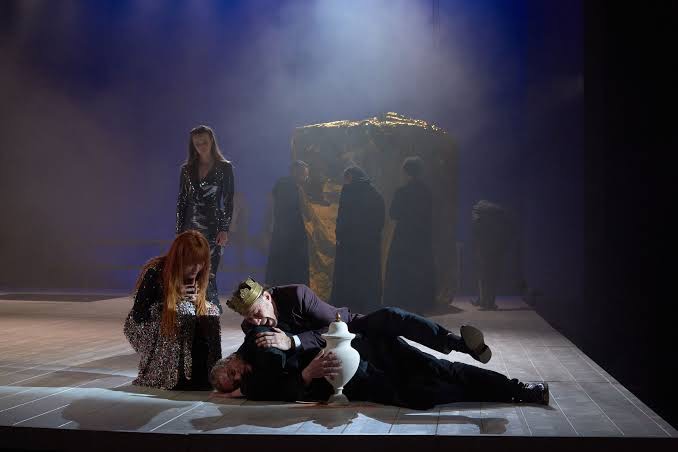Fino al 27 marzo un dramma sulla fuga dal mondo al teatro di Praga: per l’Unione dei Teatri d’Europa
L'Unione dei Teatri d'Europa propone i progetti e festival teatrali dei suoi membri in un dialogo interculturale più urgente che mai nell'Europa di oggi. Tra i tanti progetti incredibilmente contemporaneo quello del teatro di Praga.





